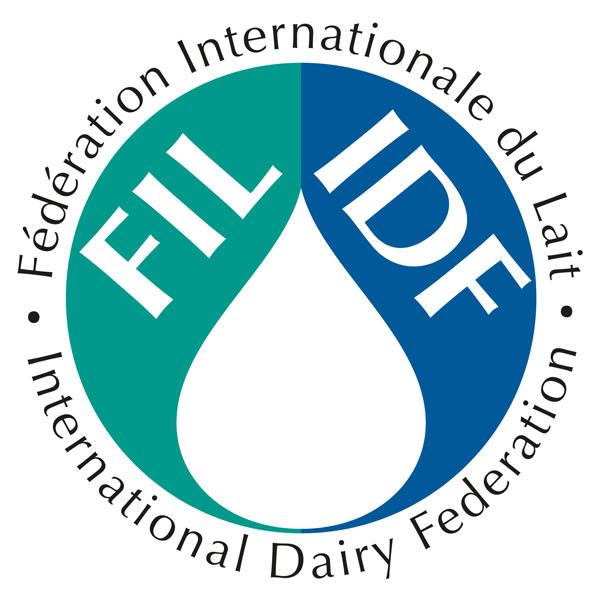Bulletin of the IDF N° 327/1997 - Removal of Fats, Oils and Grease in the Pretreatment of Dairy Wastewaters - Possible Implications of Milk Pasteurization on the Manufacture and Sensory Quality of Ripened Cheese: A Review
Couldn't load pickup availability
Document info
| pages | 20 |
|---|---|
| published date | 24 March 1997 |
| reference | Bulletin of the IDF No. 327/1997 |
Publication description
Removal of Fats, Oils and Grease in the Pretreatment of Dairy Wastewaters
by IDF Group of Experts B18 – Control of water & waste water in the dairy industry
Liquid wastes, resulting from the utilization of milk in dairy manufacturing processes, require disposal. These wastes contain a certain percentage of the raw material product. The composition of whole milk contributes not only BOD load for treatment, but also has certain other constituents which become part of the waste. These principally are: Fats, Oils and Grease (FOG). It is necessary for these to be reduced in concentration if not eliminated altogether, thus enabling the biological treatment to proceed without any inhibitors to the biological reduction of the organic matter in the wastewater. A number of possible pretreatment systems are examined to see how FOG can be eliminated prior to the main treatment process itself which is generally of a biological nature.
The answers to an IDF questionnaire on the pretreatment of dairy wastewaters are presented and general conclusions are drawn. The final section presents a case study on physico-chemical wastewater treatment from a liquid milk plant in Rotterdam, Holland.
13 pp
Possible Implications of Milk Pasteurization on the Manufacture and Sensory Quality of Ripened Cheese: A Review*
by R. Grappin & E. Beuvier (France)
* Comprehensive summary of a paper submitted to the International Dairy Journal
The review takes a look at the most significant changes in milk induced by pasteurization in relation to cheesemaking
- elimination or stress of microorganisms
- activation/inactivation of indigenous milk pro-enzymes and enzymes
- denaturation of serum proteins
- modification of milk renettability
- consequences on growth and activity of starter and non-starter microorganisms
It is clear that pasteurization of milk modifies the biochemistry and microbiology of ripening, and ultimately the flavour and texture of cheese. The indigenous milk flora, with its diversity of species and strains, appears to be responsible for the specific organoleptic quality of raw milk cheeses.
4 pp


